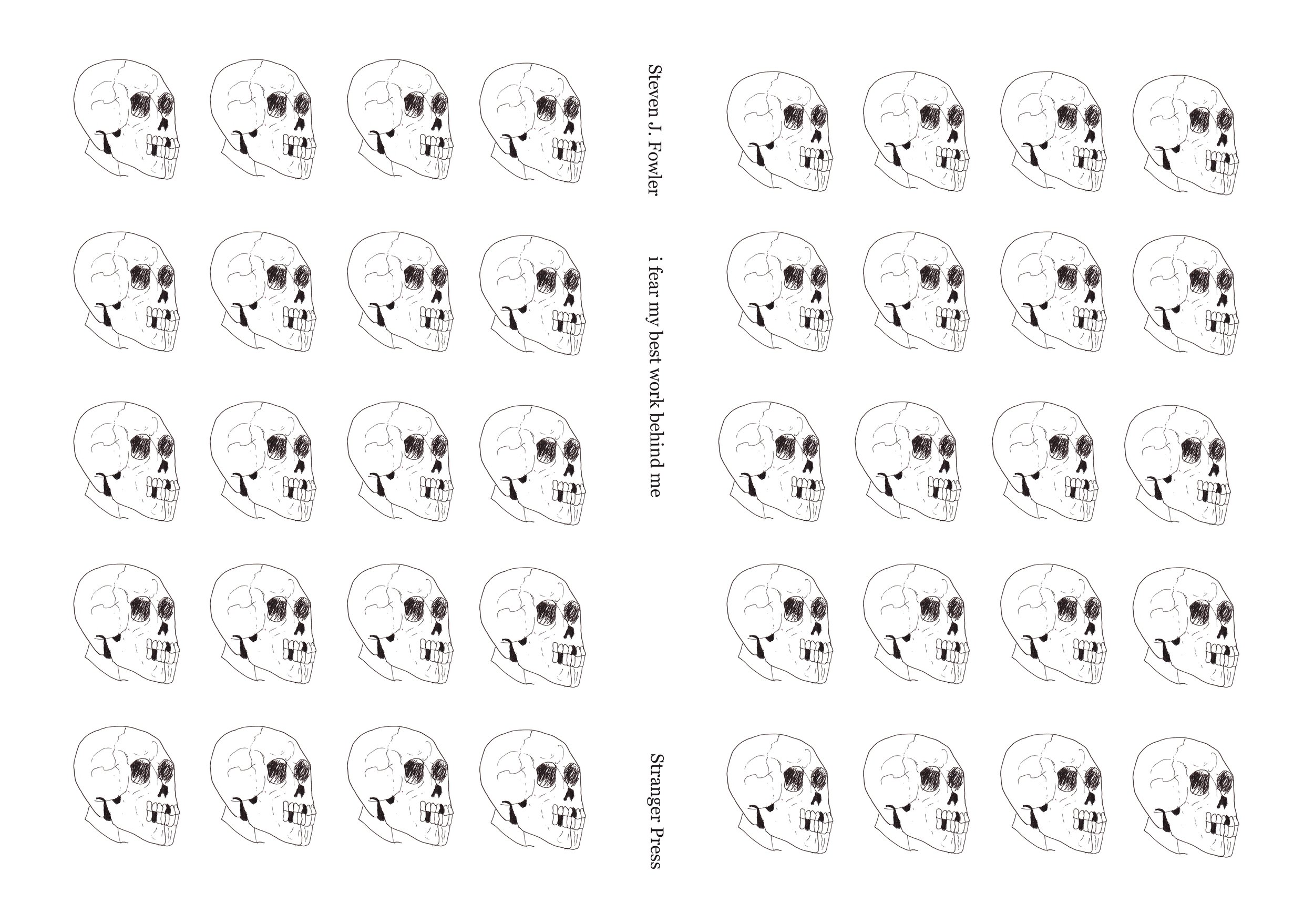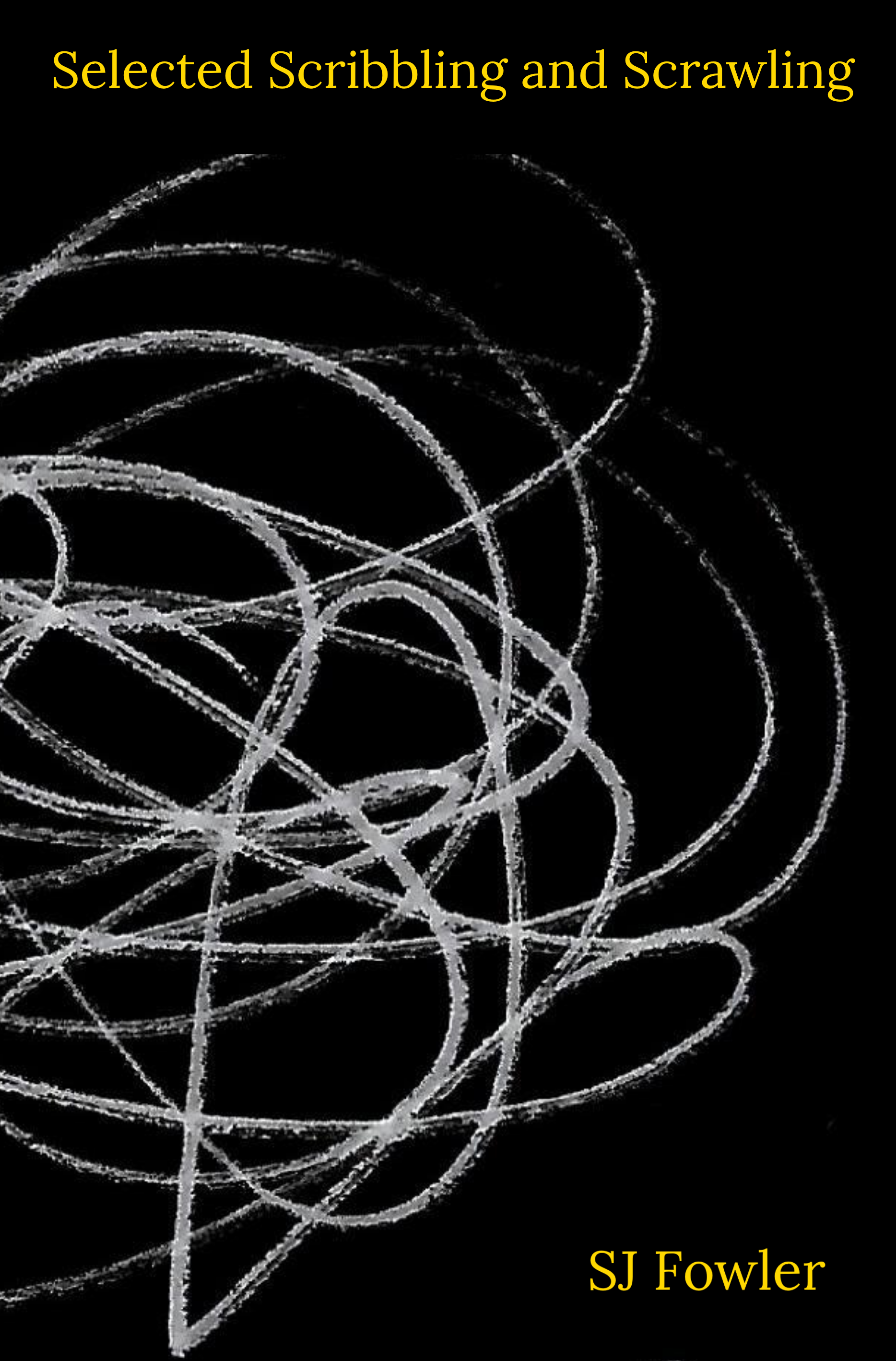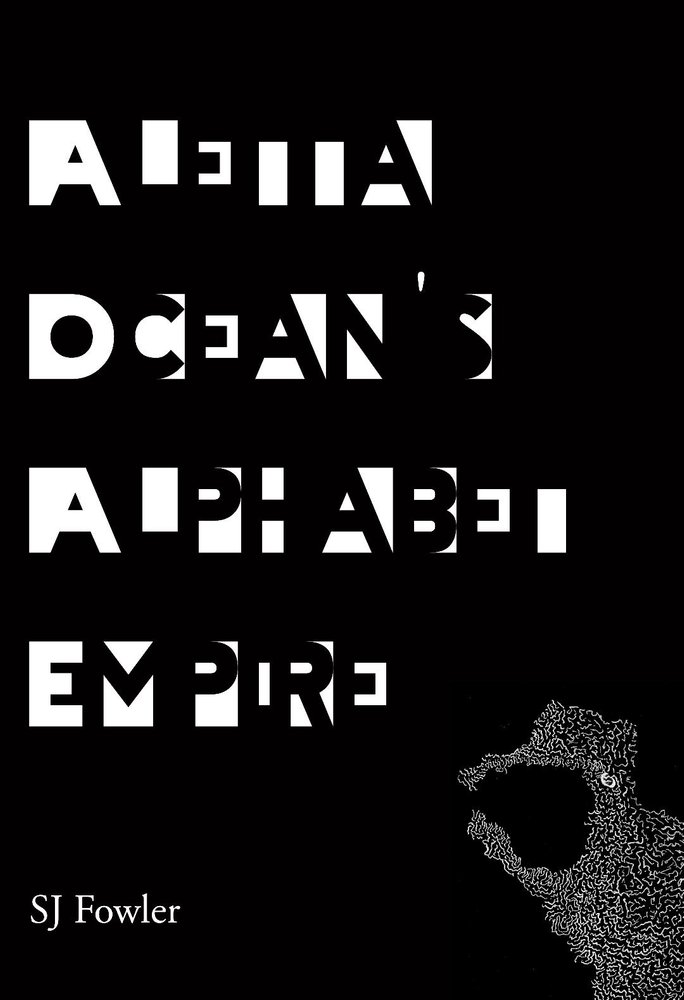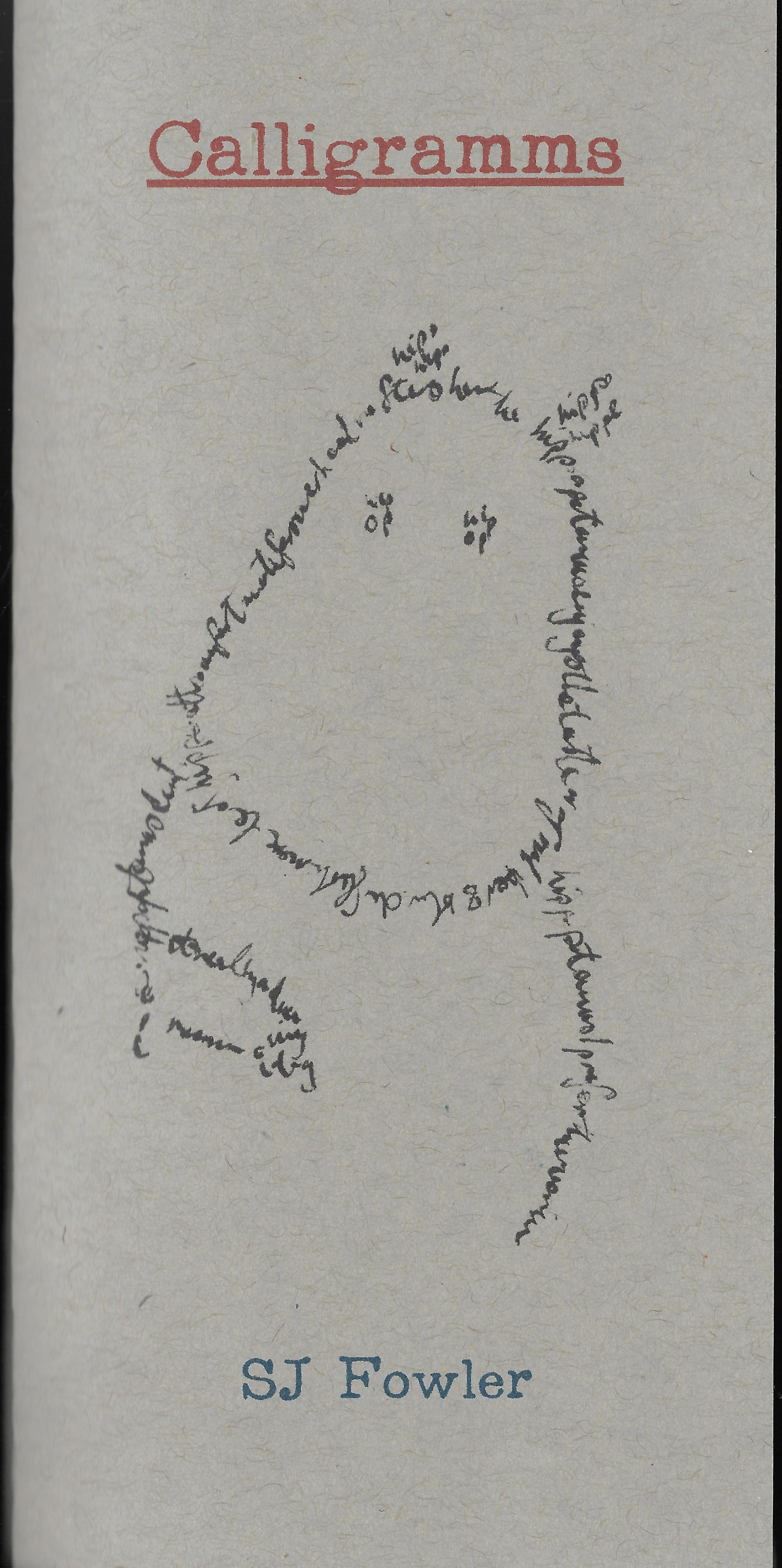https://www.utsanga.it/flower-intervista-a-tim-gaze/ They once called me Flower, which is beaut, but for now, this interview is a really generous act by Tim Gaze, a brilliant visual poet pioneer in his own right, as it allows me to consolidate and consider much of thinking and output around my Poem Brut publications
1 considering the variety of styles in Selected Scribbling and Scrawling, do you create in waves of similar work? Do you deliberately try not to repeat yourself?
I think I’m trying to consider the method of scribbling or the mode of scrawling, the hand-line, as an entire form, or creative universe. Something that is not an adjunct of poetry or text art but a way of making poems that one might spend a lifetime refining. I’d like to teach a course on scribbling. It would be more therapeutic than one about writing poems. So the selections for the book are from different periods of time, where differing concepts were prominent in my writing and so absolutely your question is well considered, these are bursts re-ordered, re-considered post facto. My favourite works are the intricate scribs, done usually on trains in London, with an hour journey given to each line, and then reworked over weeks. But others were done walking in Gdansk, upright with my eyes closed, for example.
2 how did you get into making things which are completely left of the field of vision of many readers who think they’re into poetry?
Pure chance, no childhood influences, parents who still don’t know what poetry is, working class people who didn’t even read for pleasure, and then in my early adulthood, randomly. This is the greatest gift to me, that I was already a half formed human before considering what poetry is and what it isn’t. And that I am still, 9 years in, plagued by questions unasked by most in the field but still strange and unanswerable to me. For example, surely, to separate poetry from text or conversation or opinion or prose or fiction, a poem needs only be language referent and then to seeking an answer to a self-situated paradoxical question. A poem aims then to be stating or saying the inexpressible. This seems the beginning of the medium to me. Why would just say something in a poem if we can say it anywhere else? Anytime, in any language chunk, any conversation? Advertising does this, speeches – why poem at all if one is going to state or lecture? From this comes many hundreds of natural follow up questions. Why are almost no poems published handwritten? Is there no meaning in the handwritten letter? Only if letters and words are secondary to emotion and opinion. But if this is the case then why poem? I bore myself saying this stuff.
3 is there an ideal reader who really “gets” what you’re doing, or is any response a good response?
Definitely the latter. I hope for negative aesthetics and so negative reactions, as we need to allow for that in what we’re doing, and I wouldn’t ever presume to know the endless strange idiosyncratic contents of another mind and therefore what they might think of the irrelevant doodles I throw out. That they respond at all is all.
etcccccccccccccccccccccccccccccccccccccccccc. https://www.utsanga.it/flower-intervista-a-tim-gaze/



